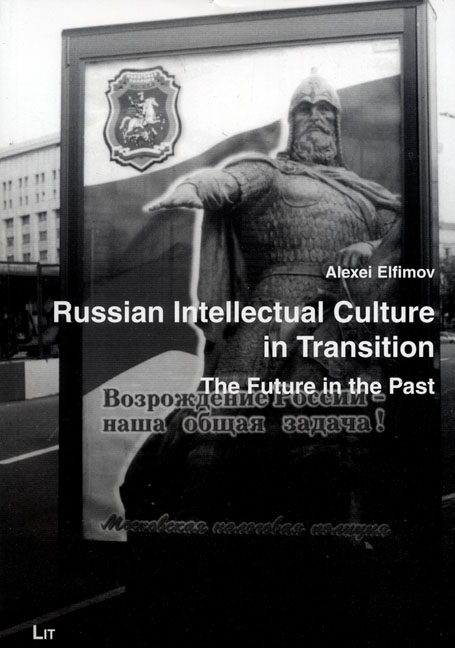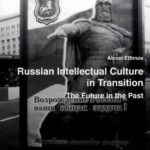Beschreibung
Russian Intellectual Culture in Transition offers a
critical perspective on the character of academic and
broader intellectual discourses in post-perestroika Russia.
It focuses on the distinctive paradigm in intellectual
worldviews – new historical paradigm, as the author calls
it – that found its quintessential expression in the
rhetoric of “cultural restoration”, or “cultural
revival”. The pervasiveness of this rhetoric, the manner in
which it captured intellectual imagination, and the array of
cultural effects it produced in various spheres of society
are described in this work. The impact of the rhetoric on
the area of humanities and social sciences is given special
attention.
The author explores the phenomena and processes that led to
the formation of the new historical paradigm in the
intellectual consciousness: the specificity of intellectual
traditions in nineteenth-century Russia, the social place of
intelligentsia in the Soviet Union, and the transformations
in its social status after perestroika. He examines the
ideological implications of this paradigm, its connection to
the split between Slavophiles and Westernizers in new
Russia, and its peculiar effects on social policies and on
the shaping of intellectual identities. Many curious details
on contemporary Russian culture – intelligentsia’s ideals
and cultural habits, language peculiarities, and others –
will await the reader in this account.


